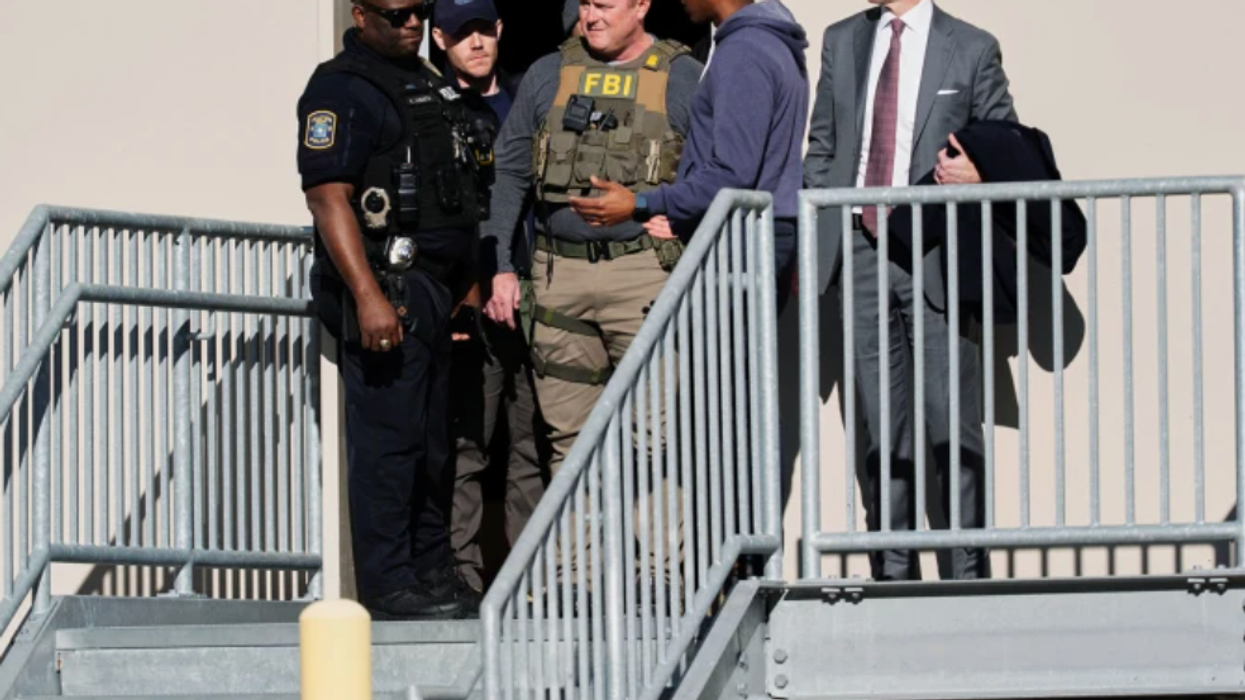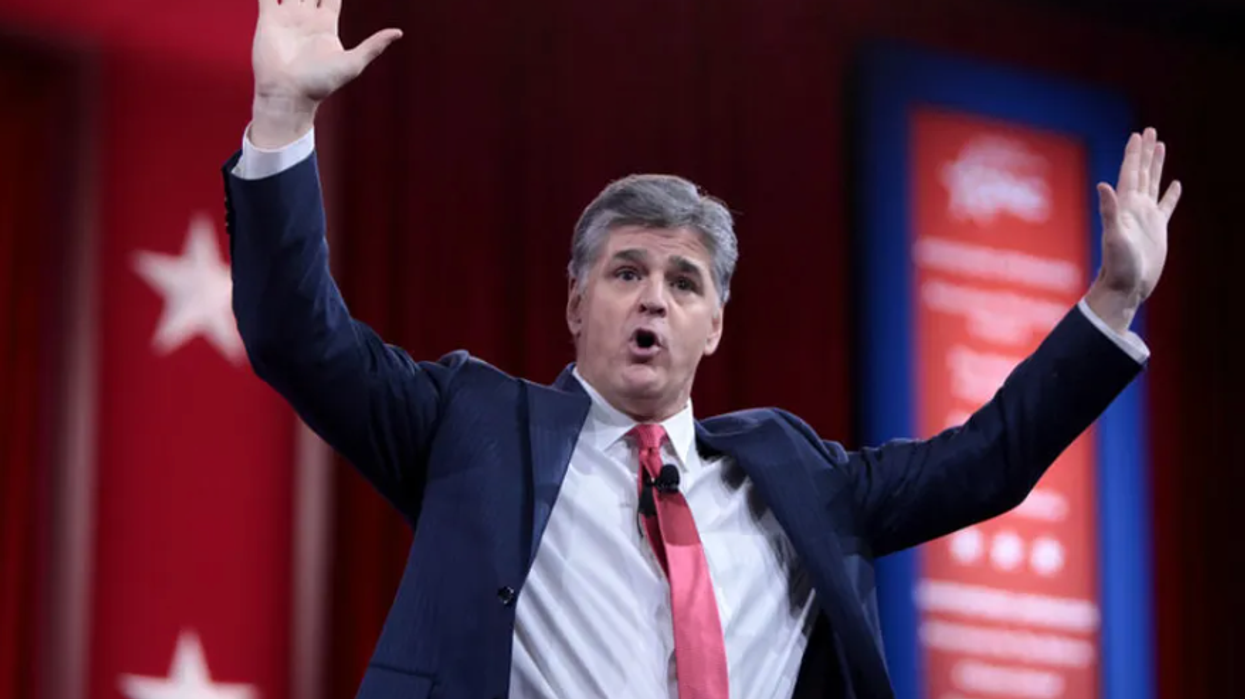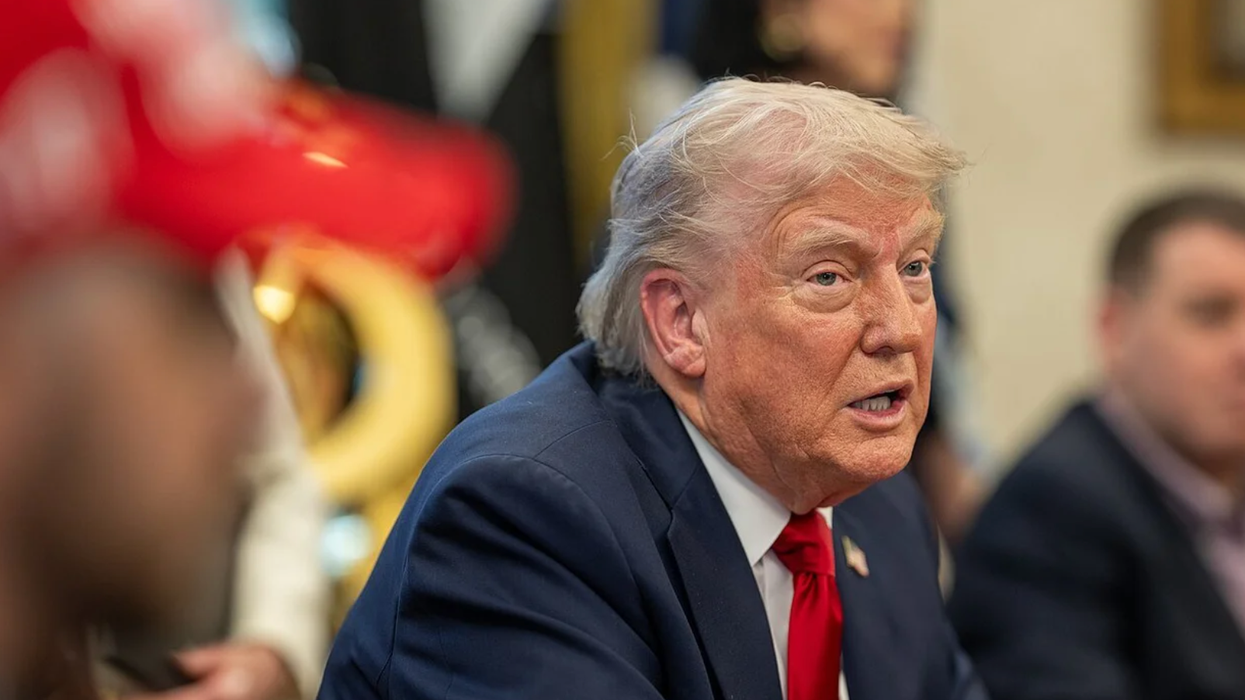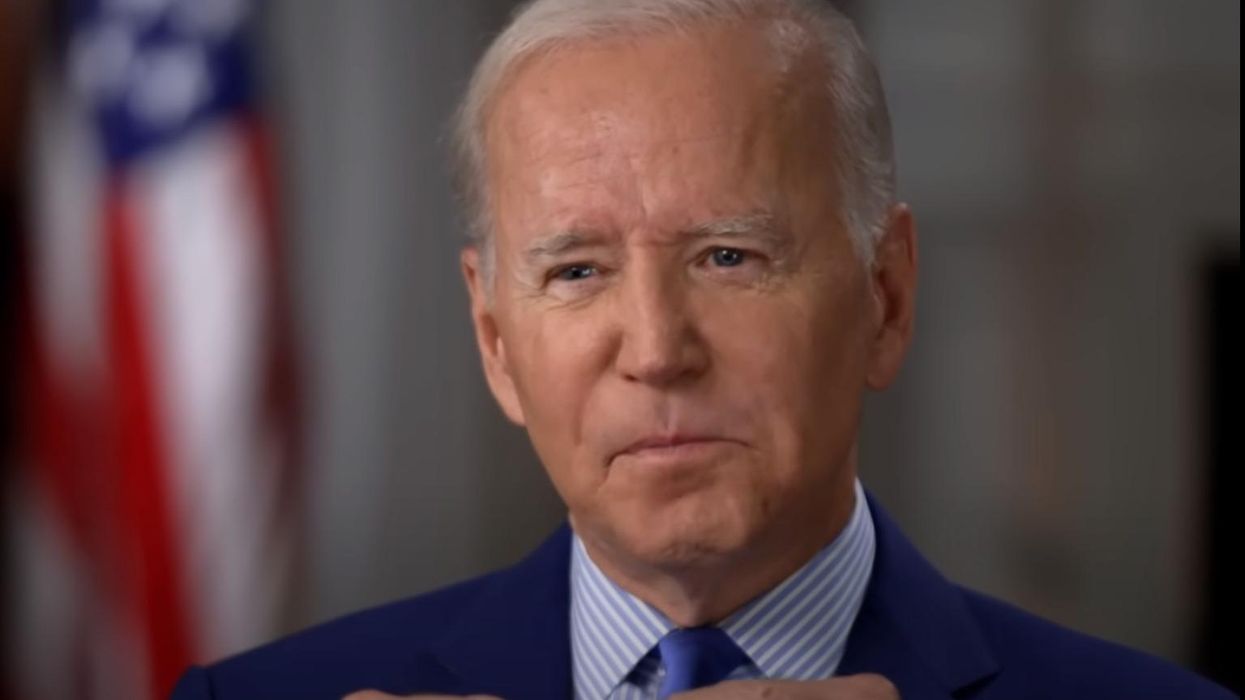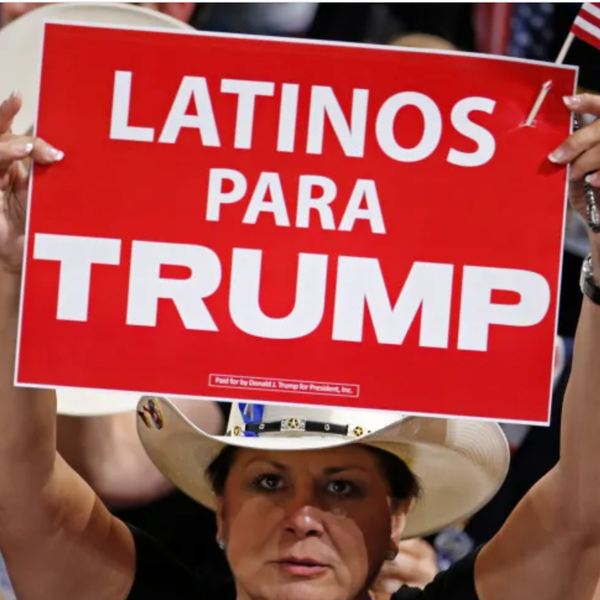Pursuing 2020 Conspiracies, Trump Sends FBI To Raid Georgia Election Site
The FBI has raided an election facility in Fulton County, Georgia, escalating the role of the federal government in pursuing President Donald Trump’s debunked election conspiracy theories.
According to local reports, the federal agency deployed multiple law enforcement vehicles and agents to Fulton County’s Election Hub and Operation Center. Sources told Fox 5 Atlanta that election ballots from 2020 were taken from the site.
Trump lost Fulton County to former President Joe Biden in 2020 by a significant margin, with Biden winning by a margin of more than 243,000 votes—or more than 46 percentage points above Trump.
Fulton is Georgia’s most populous county and 90 percent of Atlanta is located there. Republicans have traditionally won the state, with Biden becoming the first Democrat candidate to win in 28 years, since former President Bill Clinton’s victory in 1992.
This has been a sore point for Trump, who has sought to undermine the result over the past six years.
Immediately after the 2020 election, Trump and his team immediately began pushing conspiracies. Most notably, his former lawyer and disgraced former New York City Mayor Rudy Giuliani argued that ballots had been manipulated in Biden’s favor in Fulton County.
The conspiracies got so out of hand that Giuliani was later sued by two Black election workers who received death threats after he claimed that they had been part of a ballot manipulation scheme. Giuliani ultimately settled out of court for millions of dollars.
Former special counsel Jack Smith recently testified before Congress, detailing how Trump’s actions to pressure Georgia officials to overturn election results became the hub in the Justice Department’s criminal case against Trump. Smith said that Georgia was “ground zero” for Trump’s criminal crusade.
With former Trump fan-fiction author Kash Patel installed as head of the FBI, the nation’s premiere law enforcement agency is now being deployed to entertain Trump’s debunked conspiracies.
But no matter how Trump misuses federal resources—which are financed by taxpayers—to pursue these conspiracies, his actions will not undo the results of the race.
Trump lost in 2020, with Biden handily defeating him in multiple states—including Georgia. Biden was then certified by Congress as the winner of the election—despite the Jan. 6 insurrection instigated by Trump—and went on to serve his full term as president.
Trump and Patel can try every bizarre FBI operation in the book. It will never change these facts.

